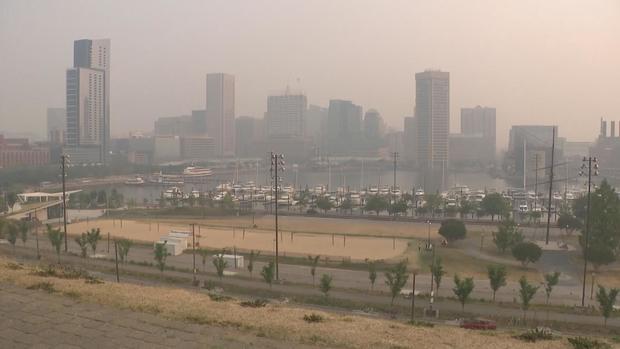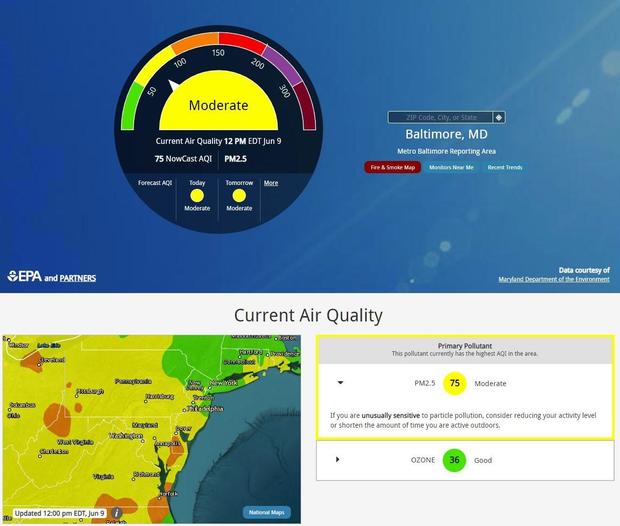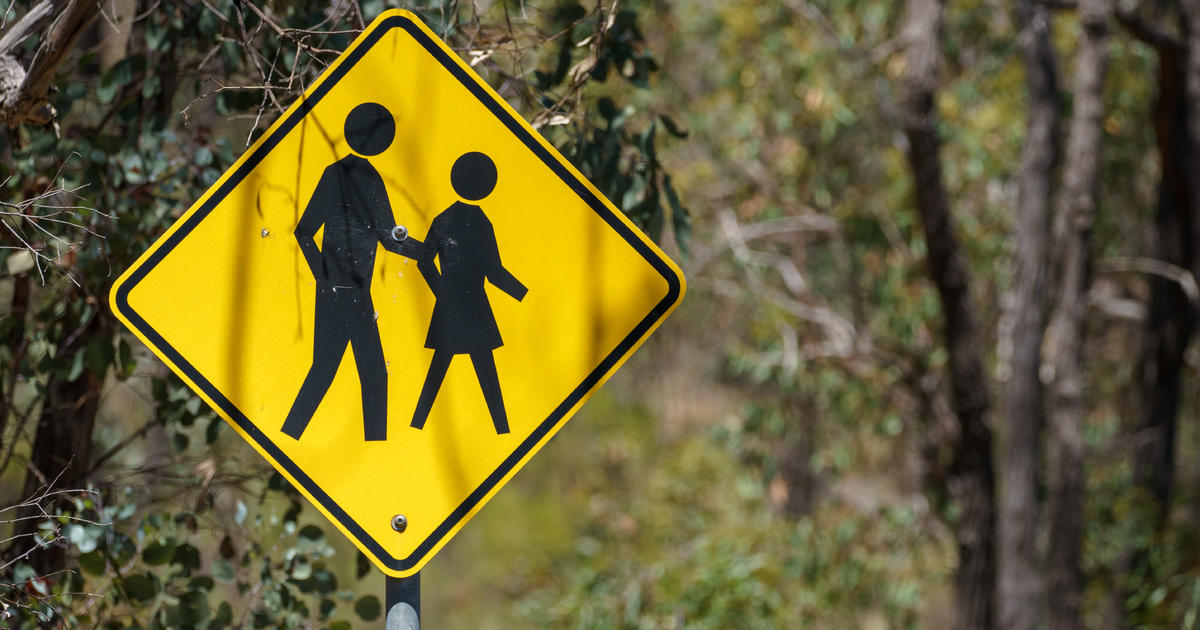How does air quality impact our health? Johns Hopkins experts discuss air pollution
BALTIMORE -- What should you do when the air quality is poor?
Johns Hopkins experts gathered today to provide updates on air conditions in the region, and tips for those looking to keep an eye on their health amid the recent air quality alerts.
Where are we now?
Smoke from Canadian wildfires blanketed parts of the U.S. this week and had Marylanders wore masks outside again Thursday amid a Code Red air quality alert.
On Friday, the conditions were downgraded to a Code Yellow, which means that air pollution concentrations within the region may become unhealthy for sensitive groups. Those groups include children, people suffering from asthma, heart disease or other lung disease and the elderly. Sensitive individuals should consider reducing outdoor activity level.
Related: Air quality alert downgraded in Baltimore, but health risks from smoke remains
Right now, the emphasis should be on minimizing exposure to air pollution, according to Peter DeCarlo, an air quality expert and associate professor in the Department of Environmental Health and Engineering.
"These fires are still burning and will continue to burn throughout the next few days, but whether we see impacts here in Baltimore and along the eastern seaboard has a lot to do with where the wind is blowing at any given time."
It's also important to think about climate long term, and whether this will be a more common occurrence. "Is this the new normal? We know that a warming planet is going to make wildfires more common," DeCarlo said.
How should you protect yourself?
The primary concern now when it comes to wildfire smoke is particulate matter, also known as PM2.5, according to Kirsten Koehler, Associate Professor at the Johns Hopkins Bloomberg School of Public Health.
Particulate matter are tiny particles in the air that can penetrate your lungs and negatively impact your respiratory system.
You can check Airnow.gov to check the air quality in your area in real time.
Still, it's recommended that you stay indoors with your windows closed for the best protection against the polluted air. Wearing a KN95 mask if you must be outside is also encouraged for the best protection.
When inside, using air-purifiers, and double-checking your filters, and upgrading them to the highest MERV rating is also recommended.
When driving, you can also use the recirculation feature on your car, which filters the air through your cabin, limiting the exposure you have to outside air.
Outside the pollution, high ozone days are also a concern as we move into the hot summer months, explained Kirsten. "Ozone is a respiratory irritant, it's a gaseous pollutant. Particularly, individuals with asthma, or COPD, and other lung conditions might want to limit their time outdoors on those days." Ozone concentrations tend to be the highest on hot, sunny days, but aren't immediately noticeable, Kirsten said.
For those with respiratory and cardiac conditions, it's important to reduce exposure to polluted air.
What are the warning signs?
There are some warning signs you can look for if you're concerned about the way polluted air may be impacting your health.
Increase in cough, phlegm, and chest constriction, are all warning signs to look for, especially if you have an underlying condition.





